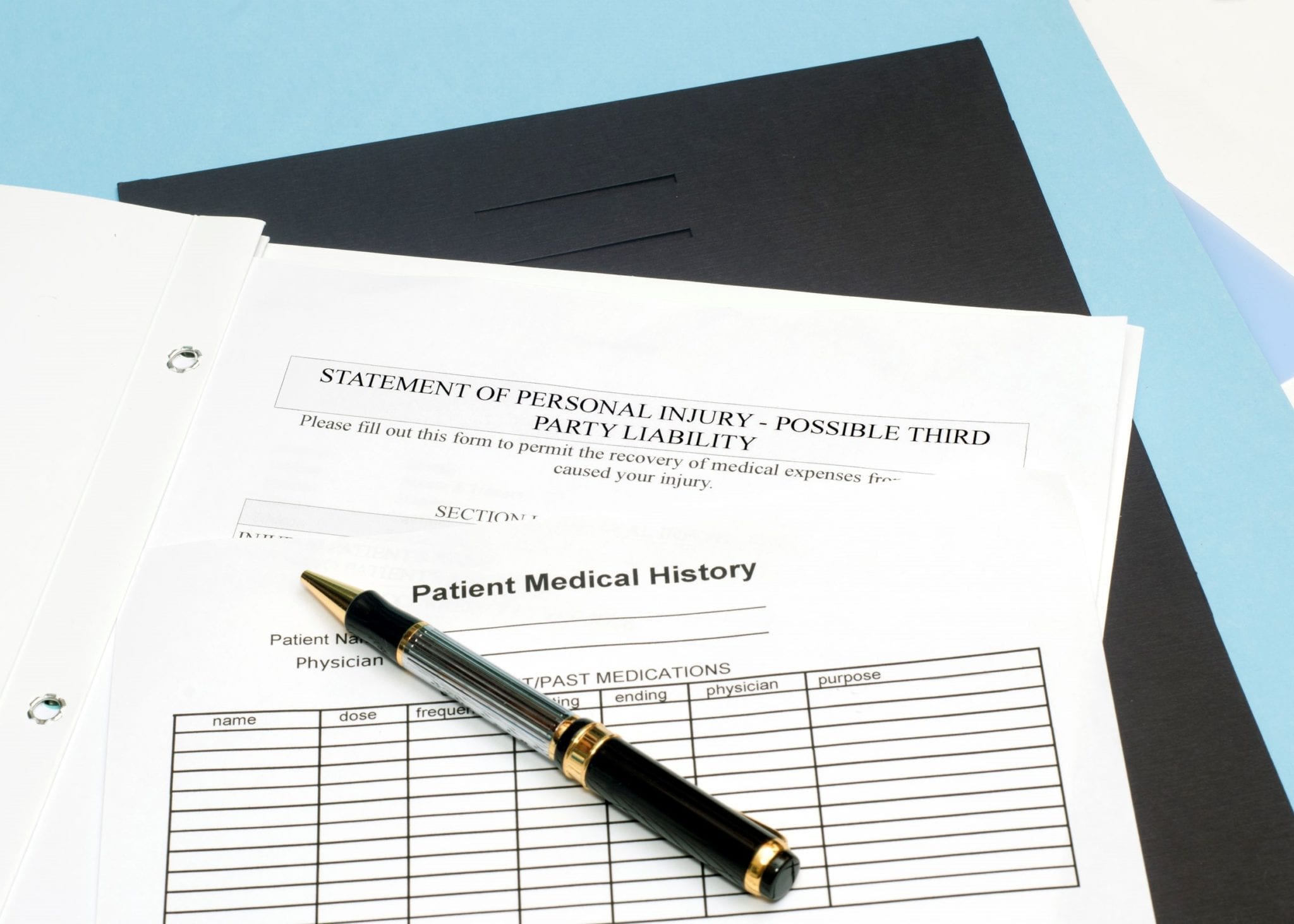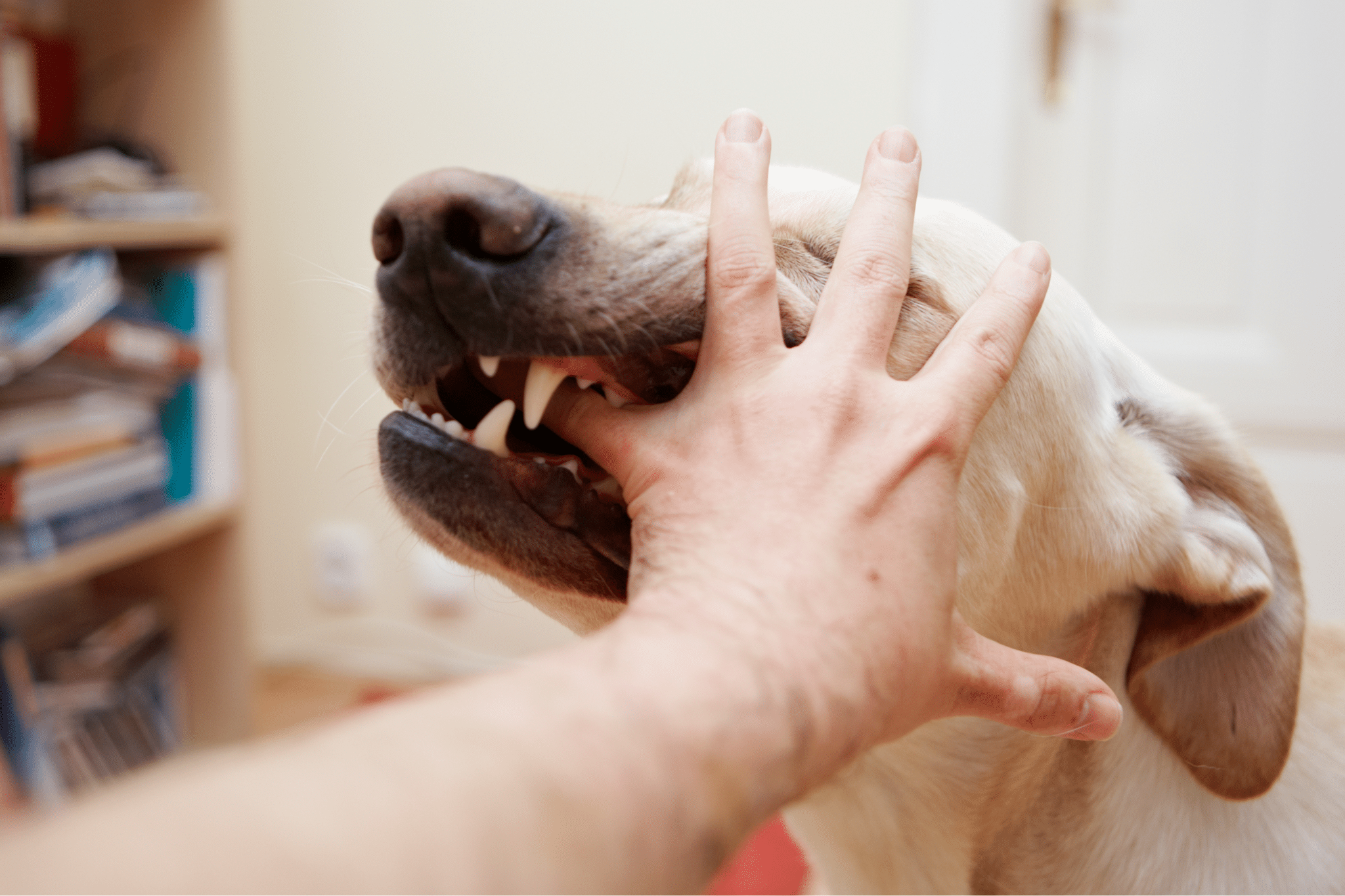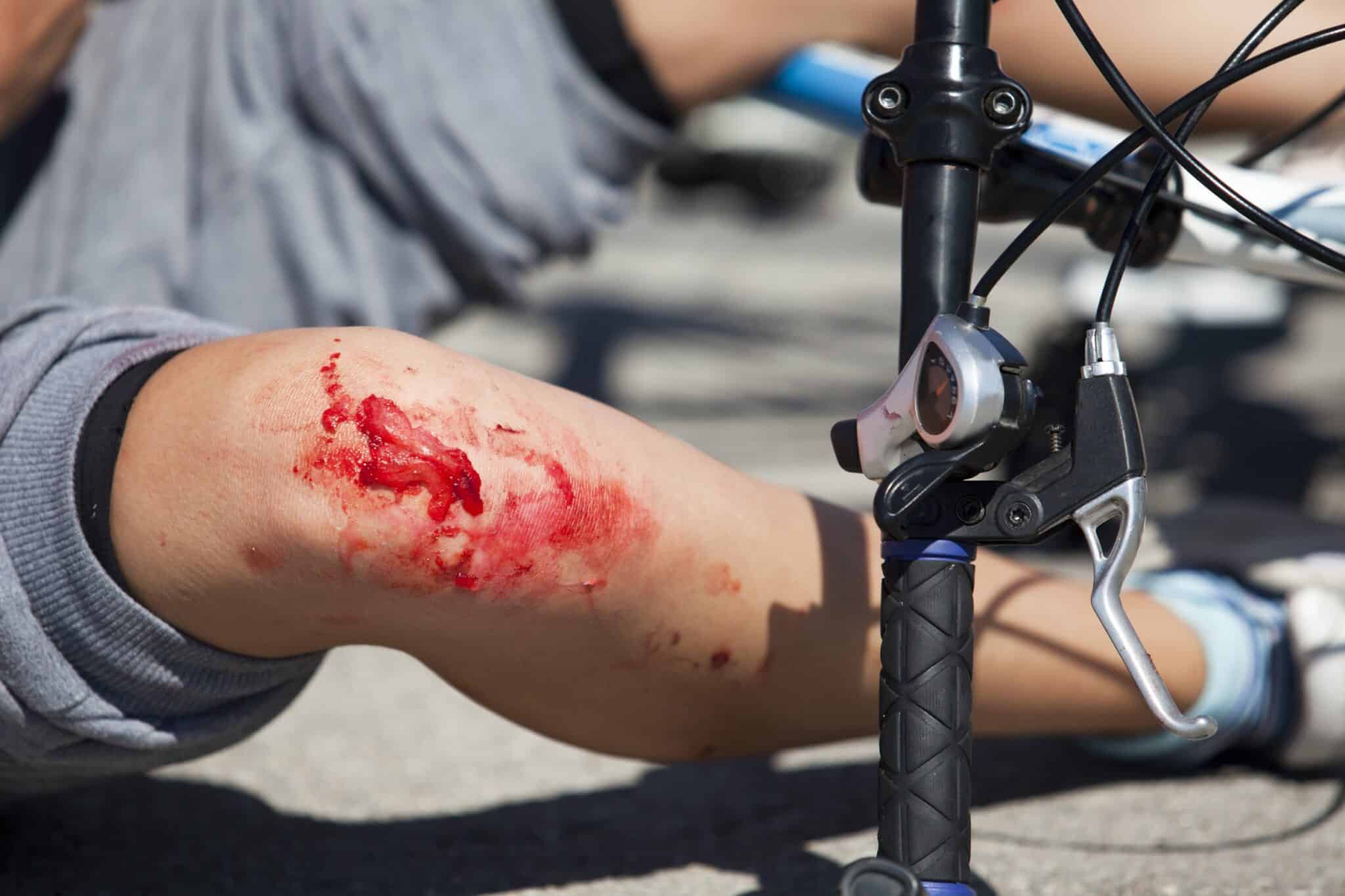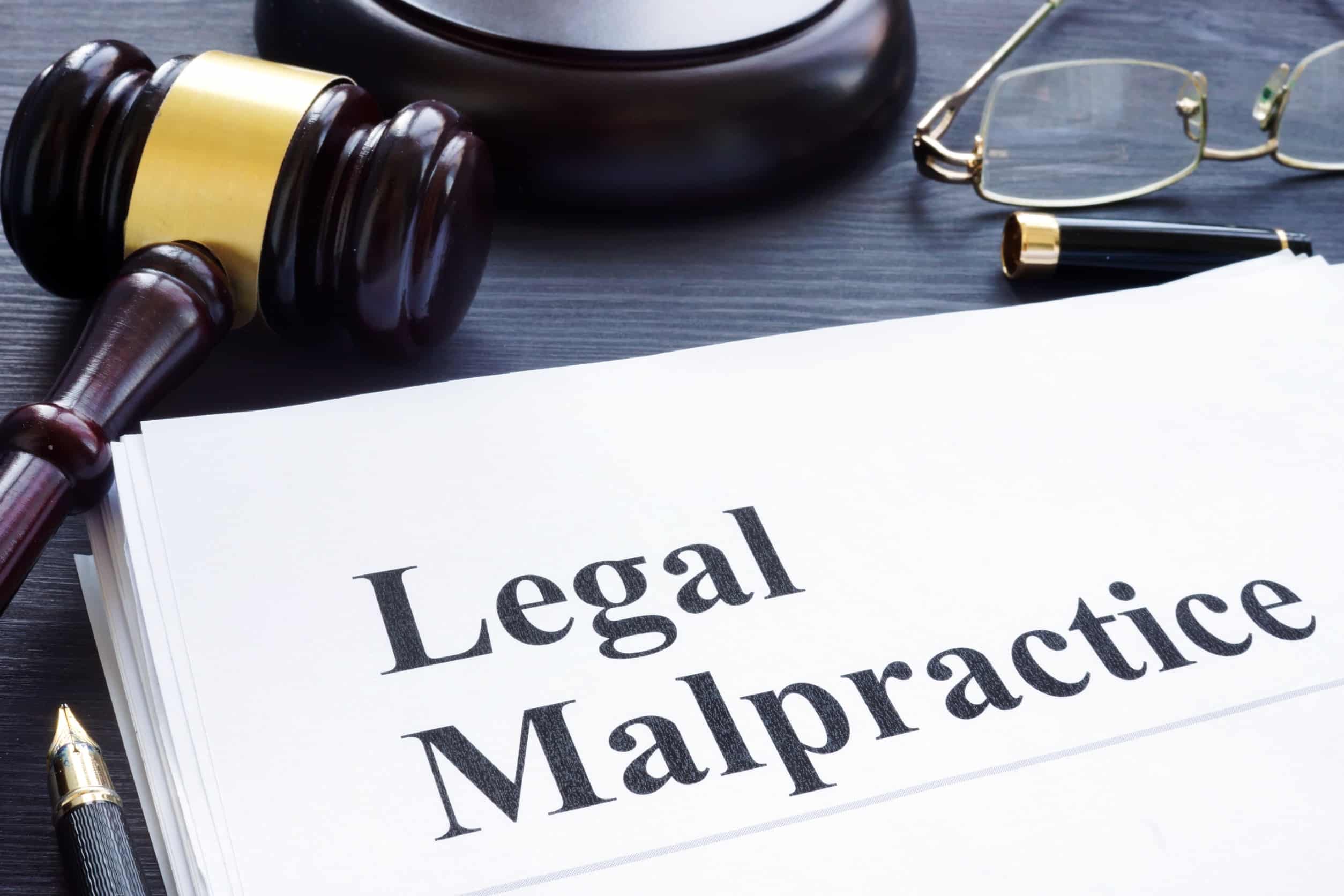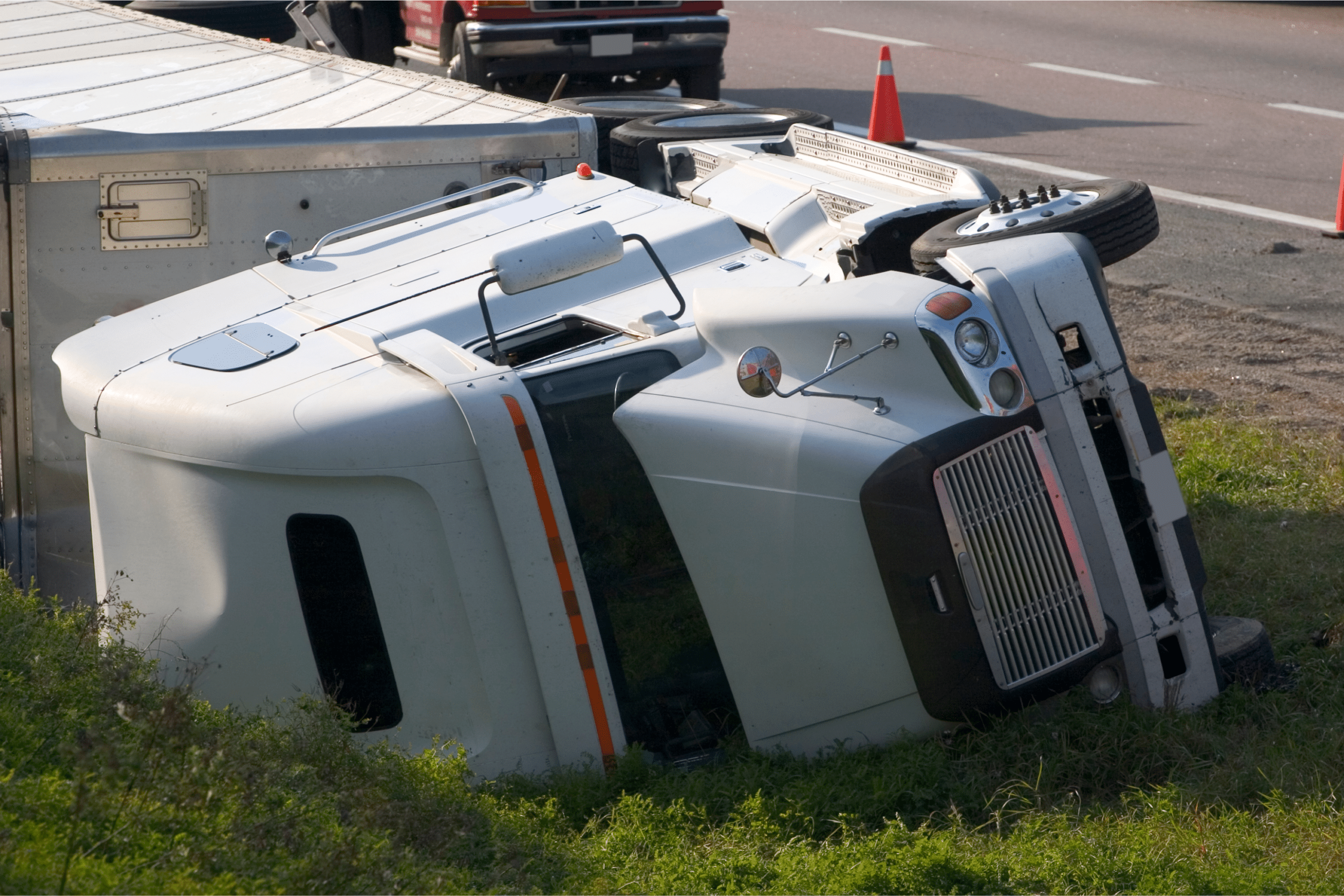How to Win a Slip and Fall Case in Florida
Maybe you slipped in a puddle and broke a hip. Or you fell down stairs and hit your head. If your fall was caused by the negligence of another, you may be able to receive compensation for your damages.
Say, for example, that the “puddle” that caused you to slip and fall was wet paint on the ramp leading up to a restaurant. Whole situation could have been avoided if the property manager had added a sign, but there was no warning.
A situation like this seems like a solid argument against the property manager, and may allow you to win compensation that can help you pay for bills, lost work time, and more related to your injury. “Solid argument” does not mean a guaranteed win, though. There is a process that every Florida slip and fall suit must follow.
The Process of a Slip and Fall Lawsuit
In order to start the process, you and your lawyer will need to send an initial demand letter detailing why the defendant was negligent, the damages that resulted from your injury, and the compensation that you are asking for. The letter may include evidence that proves your case, including:
- Medical Bills and Records
- Written Correspondence from the Defendant About the Incident
- Testimony From Witnesses
This letter, and the lawsuit that follows, must be filed within four years of your injuries.
The defendant’s insurance will then respond to the letter. If the insurance offers an amount that satisfies you, and you can settle out of court. Otherwise, you and your lawyer can continue to negotiate back and forth with the insurer about the settlement until you do reach a reasonable amount of compensation.
If you are unable to not reach an agreement through negotiation, you can always go to trial, but once there you will need to prove your claim in front of a judge.
What You Need to Prove a Slip and Fall Lawsuit
When you head to trial for a slip and fall case, a Florida judge will be looking for evidence that proves the following points:
- The defendant had a duty to the plaintiff
- The defendant was negligent in fulfilling their duties
- The defendant’s negligence resulted in the plaintiff’s injuries
- The plaintiff’s injuries resulted in the financial damage that they are asking for
Proving negligence may be the toughest element of your case, although each case is different. Negligence may look like ignoring a spill on the floor, or failing to warn guests that an area of the ground is slippery.
A judge may ask the following questions in order to ascertain whether or not negligence was committed:
- How long was the spill/hazard present? Could employees or property managers have reasonably gotten to the hazard and repaired or removed it before your slip and fall?
- Why was the hazard created in the first place? Is the reason for this hazard at the time of the accident justifiable?
- What could have been done to prevent guests from getting injured?
The answers to these questions will significantly impact the case.
Something else that can affect the outcome: comparative negligence. In Florida, comparative negligence allows defendants to fight back and argue that you were at fault for some of the slip and fall.
For example, if you had been running when you slipped on the ramp, or had a few alcoholic drinks prior to walking on the ramp, the defendant may be excused from paying all or some of the damages depending on the percentage of fault that you are assigned.
The best way to prepare against these types of arguments and win your slip and fall case is to hire an experienced Florida personal injury lawyer to fight for you.
About the Author:
Andrew Winston is a partner at the personal injury law firm of Winston Law. For over 20 years, he has successfully represented countless people in all kinds of personal injury cases, with a particular focus on child injury, legal malpractice, and premises liability. He has been recognized for excellence in the representation of injured clients by admission to the Million Dollar Advocates Forum, is AV Preeminent Rated by the Martindale-Hubbell Law Directory, enjoys a 10.0 rating by AVVO as a Top Personal Injury Attorney, has been selected as a Florida “SuperLawyer” from 2011-2017 – an honor reserved for the top 5% of lawyers in the state – and was voted to Florida Trend’s “Legal Elite” and as one of the Top 100 Lawyers in Florida and one of the Top 100 Lawyers in the Miami area for 2015, 2016, and 2017.
 What You Need to Win a Legal Malpractice Case in Florida
What You Need to Win a Legal Malpractice Case in Florida 